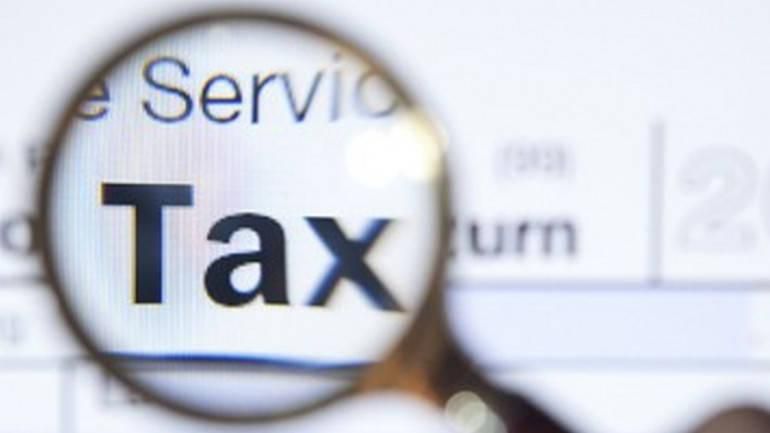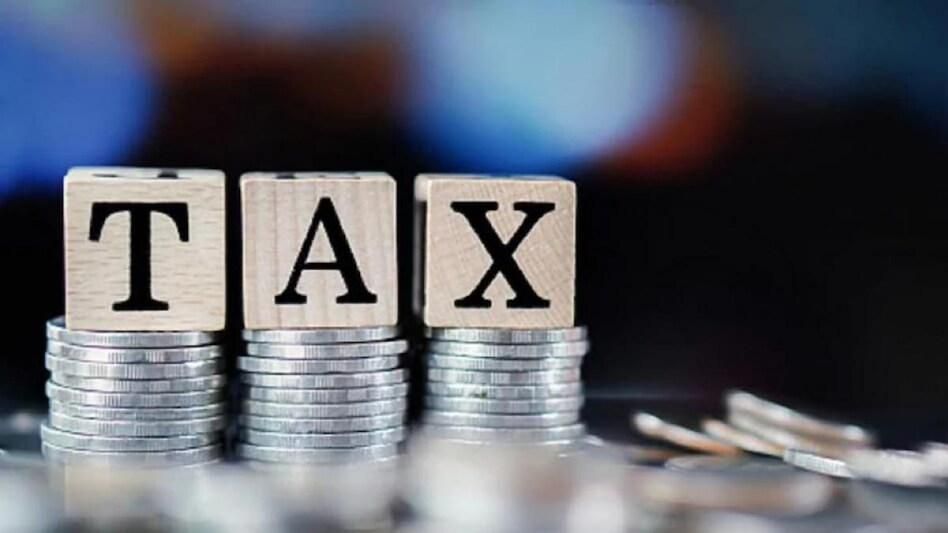What the new tax laws mean for you if you earn ₦1M+ monthly
)
It's no longer news that President Bola Tinubu signed into law new tax bills, to be known henceforth as the Nigeria Tax Act, 2025, ushering in a new dispensation in tax collection and administration in the country.
Consider this a similar example to when Apple, the maker of the iPhone and other technological gadgets, introduces an upgraded iOS to enhance operability and improve the user experience.
Pardon me if you're a die-hard Samsung fan, but I'm sure you can also relate.
As with every upgrade, new features are introduced, some are retained, while those that no longer serve your purpose are weeded out to keep your gadget at optimal performance.
This is what has happened here. President Tinubu overhauled the old tax system, paving the way for an enhanced version that bears all the features to make tax collection and administration not just easy but also more equitable.
However, this system upgrade - Nigeria Tax Act, 2025 - means different things to different people, and this depends on where you stand on the social ladder.
So, if you boast of earning N1 million or above monthly, the tax reforms have some interesting features for you. Let's help you break it down.

Am I eligible to pay tax?
Before I delve into how this reform will hit your pocket, let's quickly get this out of the way. Under the Nigerian Tax Act 2025, the government states that everyone earning money from offering services or selling goods is required to pay income tax.
But there is an exception. Because the government doesn't intend to make life more difficult for low-income earners, the law exempts anyone making under ₦800,000 annually from paying income taxes.
This is where things get interesting for those above that threshold. So, if you earn one million naira or more monthly, it means your annual income is N12 million or more, and you can expect the taxman to knock on your gate every month's end.

After death comes PAYE
Remember those deductions on your payslips, which always read 'PAYE.' Yeah, that devil called Pay As You Earn is still in the mix. The Nigerian Tax Act, 2025 retains that deduction method.
This simply means that nothing has changed from the last regime. Your employers, whether it's a fintech startup, an accounting firm, or one of the big banks, will keep deducting your tax directly from the source before dropping your net salary into your account.
With this arrangement, your employer collects the tax on behalf of the government and is expected to remit it to the authorities. This system exonerates you from any responsibility or compliance issues that may arise.

How does it affect my pocket?
Now, the government has put taxable individuals into different cadres with varying percentages of deductible tax. The Nigerian Tax Act, 2025, prescribes a 15% annual deduction for individuals whose yearly income falls between ₦800,000 and ₦3,000,000.
So, if your annual earning is nothing less than N3m but not more than N12m, the law says you're eligible to forfeit 18% of your yearly earnings in the form of tax.
Here comes the good news.
The reform provides for some deductions and exemptions that can reduce your tax obligation.
The Nigeria Tax Act 2025, allows for the following:
Deductible donations (e.g., if you support registered NGOs or charity organisations, not your cousin’s GoFundMe for vibes).
Certain work-related expenses (details aren’t clear yet)
Deductible donations (e.g., if you support registered NGOs or charity organisations, not your cousin’s GoFundMe for vibes).
Certain work-related expenses (details aren’t clear yet)
ALSO READ: How new tax reforms affect your monthly alert if you're earning between ₦100,000-₦500,000
In practice, let's assume you earn N1.1 million monthly and are a regular donor to an NGO that provides sanitary materials for school children in Ajangbadi. That donation may help reduce your tax burden.
In all, the tax law hasn't come to increase your tax burden but to ensure fairness and equity, especially for those in the lower rungs of the earning chart.
)
![Aisha blows hot on Security forces; Y7ou won't believe what she said [VIDEO]](https://image.api.sportal365.com/process/smp-images-production/pulse.ng/17082024/1f976edf-1ee2-4644-8ba1-7b52359e1a8f?operations=autocrop(640:427))
)
)
)
![Lagos state Governor, Babajide Sanwo-Olu visited the Infectious Disease Hospital in Yaba where the Coronavirus index patient is being managed. [Twitter/@jidesanwoolu]](https://image.api.sportal365.com/process/smp-images-production/pulse.ng/16082024/377b73a6-190e-4c77-b687-ca4cb1ee7489?operations=autocrop(236:157))
)
)
)
)
)
)
)
)
)
)